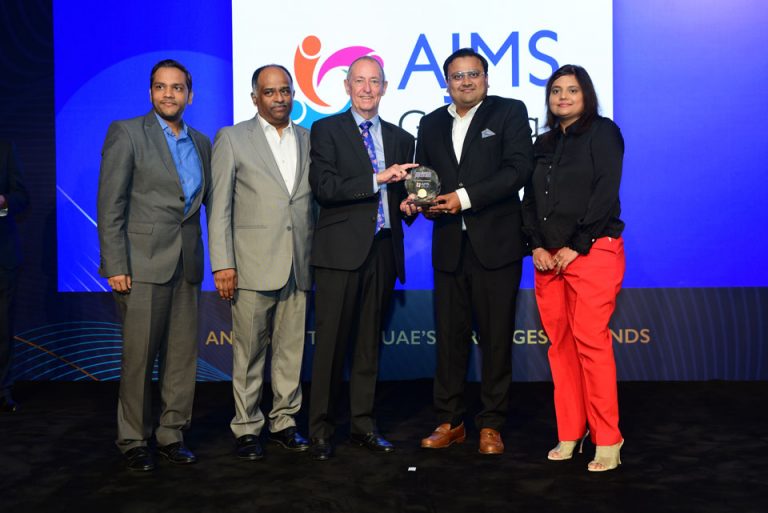About Us
Africa is a diverse continent with a wide range of economic paradigms and conditions across its 54 countries. It is important to note that Africa’s economic landscape is highly varied, with some countries experiencing rapid economic growth and others facing significant challenges. Here are some key aspects of the economic paradigms in Africa:
Resource-Dependent Economies: Many African countries are heavily reliant on the extraction and export of natural resources, such as oil, minerals, and agricultural products. This dependency on commodities can make their economies vulnerable to fluctuations in global commodity prices.
Agriculture: Agriculture plays a crucial role in the economies of numerous African countries, employing a significant portion of the population. Subsistence farming is common, but there are also efforts to modernize and commercialize agriculture to increase productivity and food security.
Informal Sector: The informal sector, which includes activities not regulated or taxed by the government, is a significant part of many African economies. It provides income and employment opportunities for a large portion of the population, but it often lacks job security and social protection.
Foreign Aid and Development Assistance: Many African countries receive foreign aid and development assistance from various international organizations and donor countries. This aid can have a substantial impact on economic development and infrastructure projects.
Infrastructure Development: Infrastructure development, including transportation, energy, and telecommunications, is a priority in many African countries. Improved infrastructure is seen as a critical driver of economic growth and development.
Regional Integration: Some regions in Africa have made efforts to promote economic integration and cooperation. For example, the African Union (AU) has established the African Continental Free Trade Area (AfCFTA) to facilitate intra-African trade and economic integration.
Youth Demographics: Africa has a youthful population, and the youth labor force is growing rapidly. This demographic trend presents both opportunities and challenges for economic development, as it can drive innovation and productivity but also strain job markets.
Entrepreneurship and Startups: Entrepreneurship and the startup ecosystem have been growing in many African countries. Young entrepreneurs are creating innovative businesses in sectors like technology, e-commerce, and renewable energy.
Challenges: Africa faces various economic challenges, including poverty, income inequality, corruption, political instability, and inadequate access to education and healthcare. Additionally, the continent has been affected by the economic repercussions of the COVID-19 pandemic.
Sustainable Development Goals (SDGs): Many African countries are working toward achieving the United Nations Sustainable Development Goals (SDGs), which include goals related to poverty reduction, healthcare, education, and environmental sustainability.
Services
Insights
Global Awards & Recognition
With a focus on financial sector including Banks, Finance Companies, Insurance Companies, Investment Companies and MTO’s, AJMS has developed a strong suite of products and services with the support of its highly experienced team to provide a strong value proposition for its clients.


Our Offices
Africa
- support@ajmsglobal.com
- Kebele 4, 936, Addis Ababa, Ethiopia
























